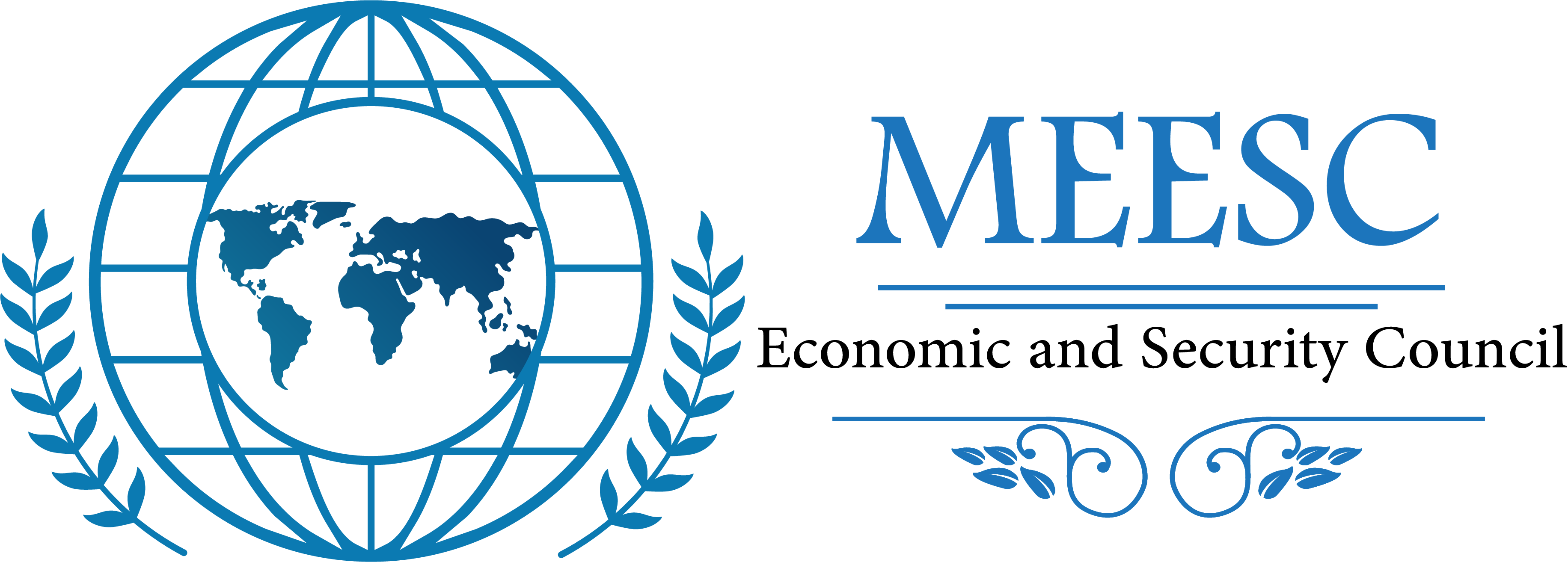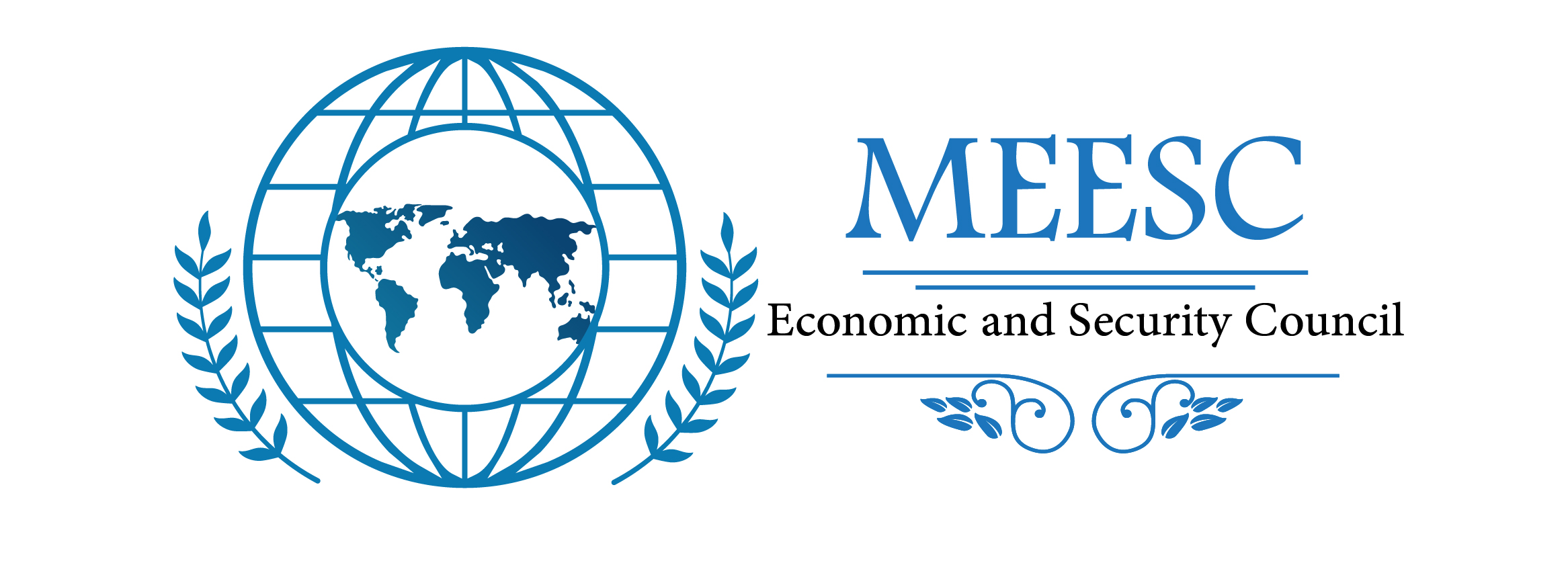
Membership
Membership
To propose conditions for joining a hypothetical Middle East Economic and Security Council (MEESC) in strategic alliance with the United States, the criteria might involve the following elements:
1. Commitment to Regional Stability
1-A: Members must pledge to uphold peaceful relations with other member states.
1-B: Mutual agreement to resolve conflicts diplomatically, avoiding violence or military confrontations.
2. Economic Cooperation
2-A: Members agree to participate in shared economic initiatives, such as trade agreements, infrastructure development, and energy projects.
2-B: Commitment to transparent and fair trade practices.
3. Counter-Terrorism Collaboration
3-A: Joint efforts to combat terrorism, including intelligence sharing and coordinated security measures.
3-B: Zero tolerance for the funding or harboring of extremist groups.
4. Respect for Sovereignty
4-A: Recognition of each member state’s territorial integrity and political independence.
4-B: Non-interference in domestic affairs.
5. Adherence to Human Rights
5-A: Commitment to improving human rights conditions within their borders.
5-B: Aligning with international standards on civil liberties and governance.
6. Alignment with U.S. Strategic Goals
6-A: Willingness to support U.S. strategic objectives in the region, including countering threats such as terrorism and hostile state actors.
6-B: Openness to military and intelligence partnerships with the U.S.
7. Sustainability Initiatives
7-A: Participation in collaborative efforts to combat climate change and promote sustainable development.
7-B: Development of policies encouraging renewable energy and efficient resource management.
8. Transparency and Accountability
8-A: Establishment of mechanisms to ensure compliance with council agreements.
8-B: Regular reporting on progress in economic and security initiatives.
9. Defense and Security Cooperation
9-A: Members must agree to a collective defense mechanism, where an attack on one member is considered an attack on all.
9-B: Establishment of joint military training programs and readiness exercises.
9-C: Sharing advanced technology for defense and cybersecurity.
10. Anti-Corruption Measures
10-A: Implementation of strict anti-corruption laws and practices within member states.
10-B: Participation in regional efforts to increase government transparency and accountability.
11. Unified Trade Policy
11-A: Agreement to reduce tariffs and trade barriers among member states to promote free trade.
11-B: Commitment to standardize customs procedures and improve cross-border trade efficiency.
12. Infrastructure Development
12-A: Collaboration on major regional infrastructure projects, such as transportation networks, water management, and energy grids.
12-B: Financial contributions to shared development funds to support weaker economies.
13. Education and Cultural Exchange
13-A: Encouragement of educational partnerships, including scholarships and academic exchanges among member countries.
13-B: Promotion of cultural exchange programs to foster understanding and unity among member states.
14. Non-Proliferation of Weapons
14-A: Agreement to prevent the spread of weapons of mass destruction within the region.
14-B: Compliance with international non-proliferation treaties and initiatives.
15. Inclusive Membership
15-A: Commitment to ensuring equal opportunities for all member states, regardless of size or economic power.
15-B: Special provisions to support smaller or less developed member nations.
16. Resource Sharing
16-A: Agreements to manage shared resources such as water, energy, and natural reserves sustainably and equitably.
16-B: Collaboration on strategies to address resource shortages or imbalances.
17. Crisis Response Framework
17-A: Establishment of a coordinated response mechanism for natural disasters, pandemics, and humanitarian crises.
17-B: Commitment to contribute resources and expertise in times of regional emergencies.
18. Gender Equality and Social Development
18-A: Policies aimed at advancing gender equality and empowering women in economic, social, and political spheres.
18-B: Investment in programs to reduce poverty and improve public health.
19. Energy Security
19-A: Agreement to ensure the steady and secure supply of energy resources among member countries.
19-B: Collaboration on renewable energy projects to reduce dependence on fossil fuels.
20. Strategic Partnership with the United States
2-A: Commitment to maintaining strategic alignment with the U.S. while respecting regional autonomy.
20-B: Regular consultation with the U.S. on security and economic initiatives, ensuring mutual benefits.

